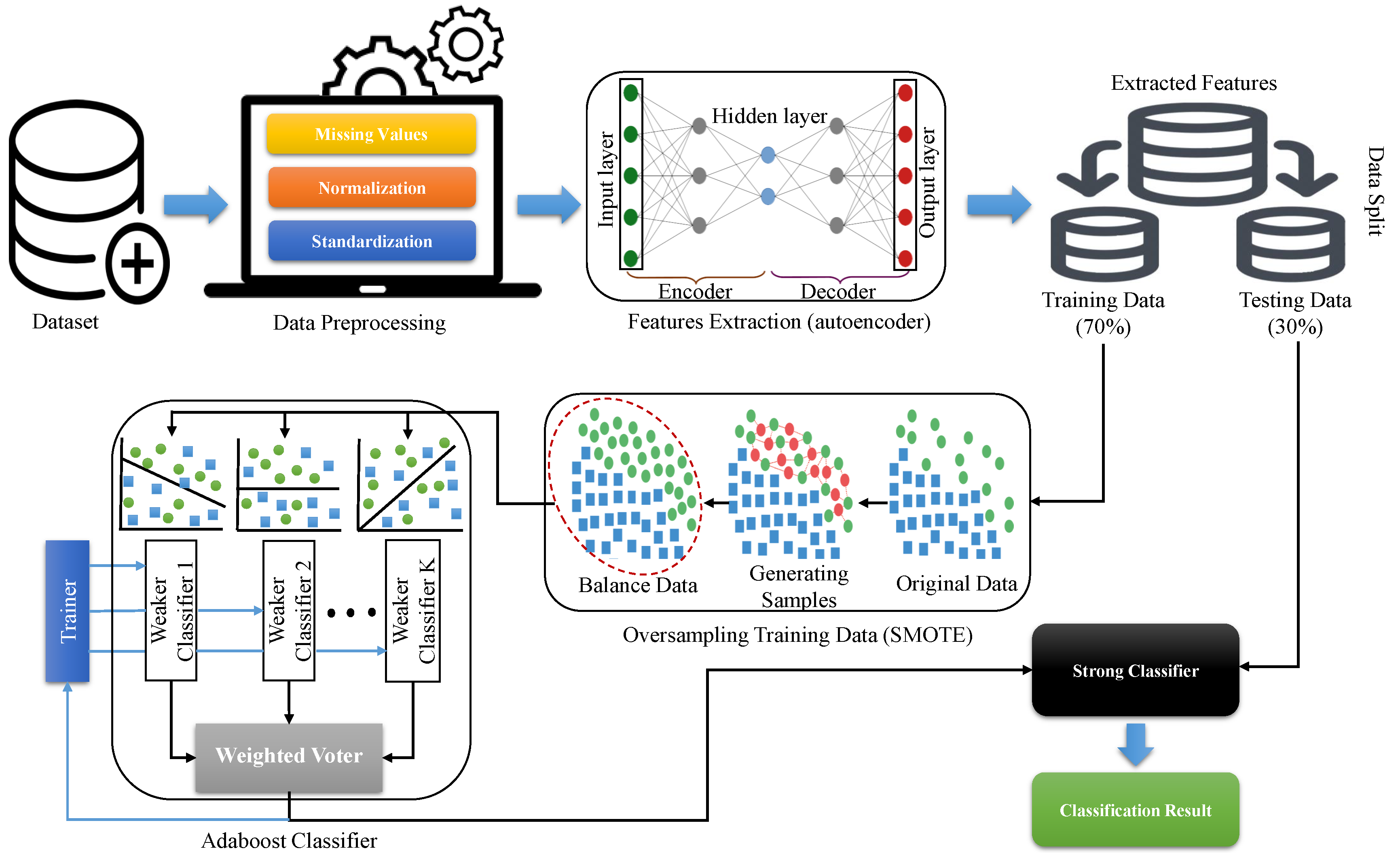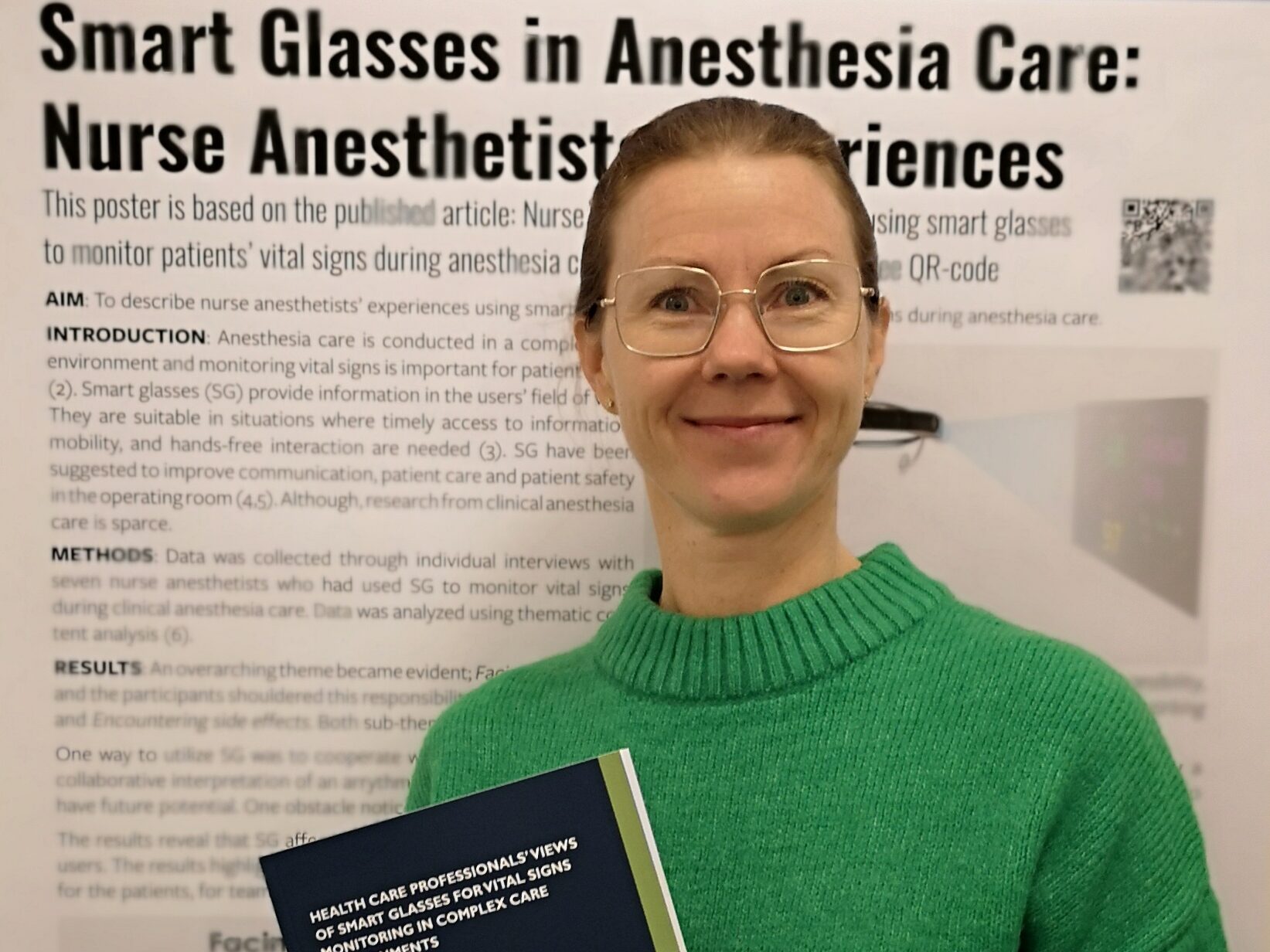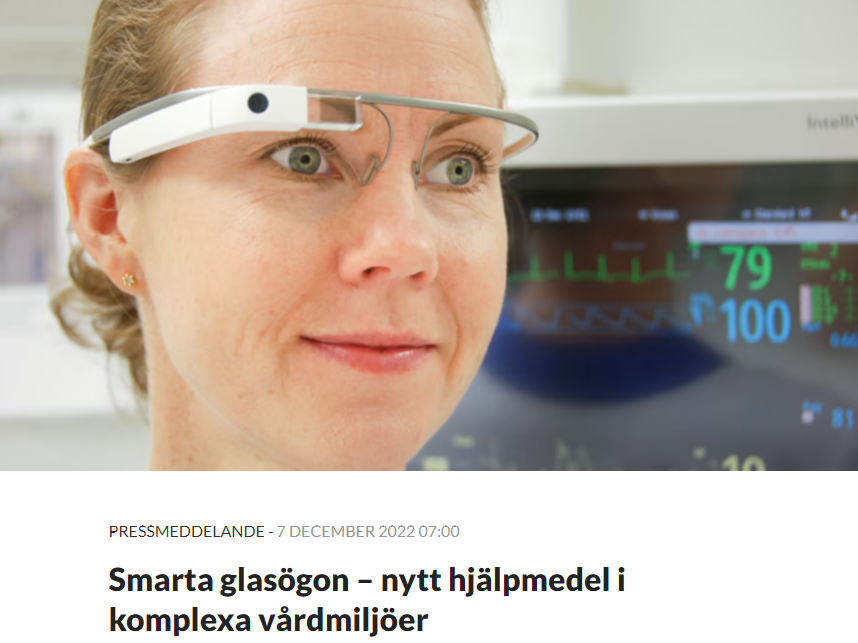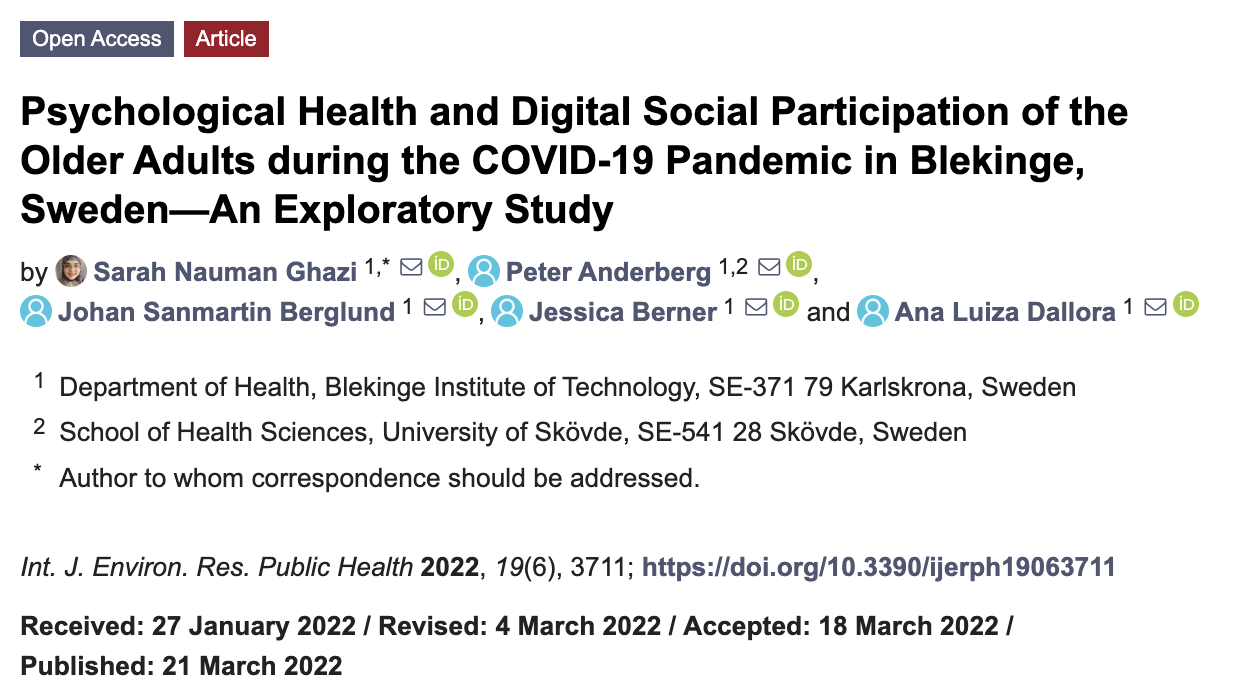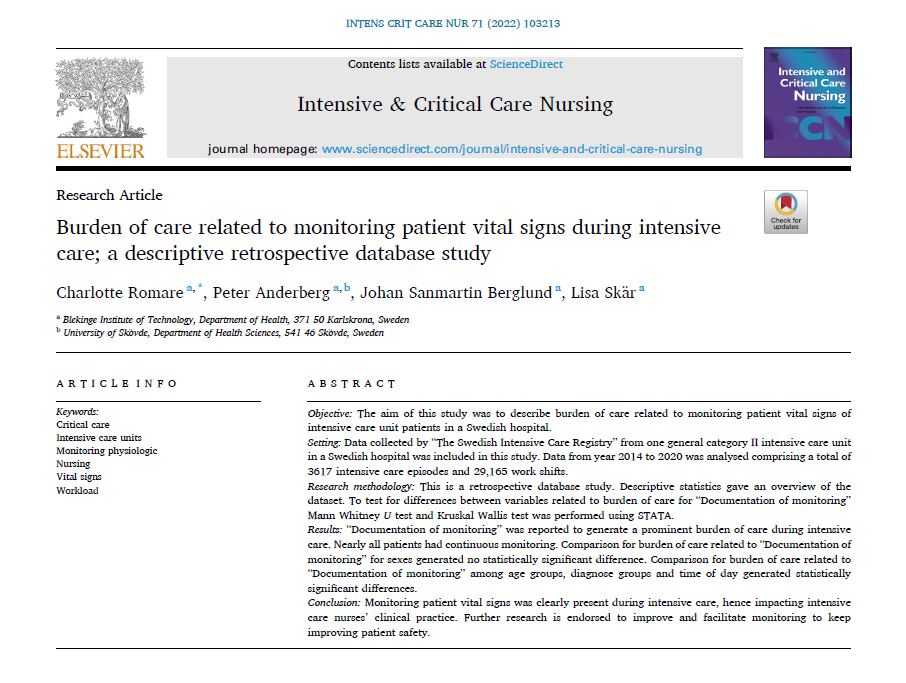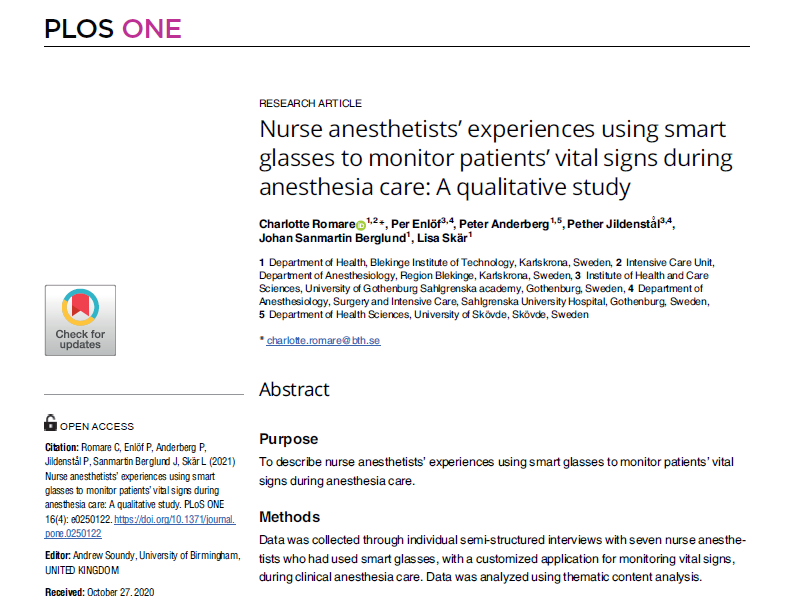Abstract Dementia is a cognitive disorder that mainly targets older adults. At present, dementia has no cure or prevention available. Scientists found that dementia symptoms might emerge as early as ten years before the onset of real disease. As a result, machine learning (ML) scientists developed various techniques for the early prediction of dementia using […]
Read More

